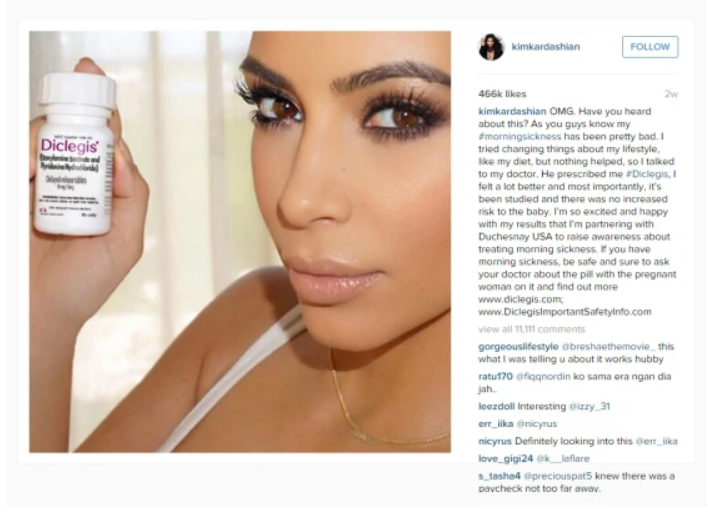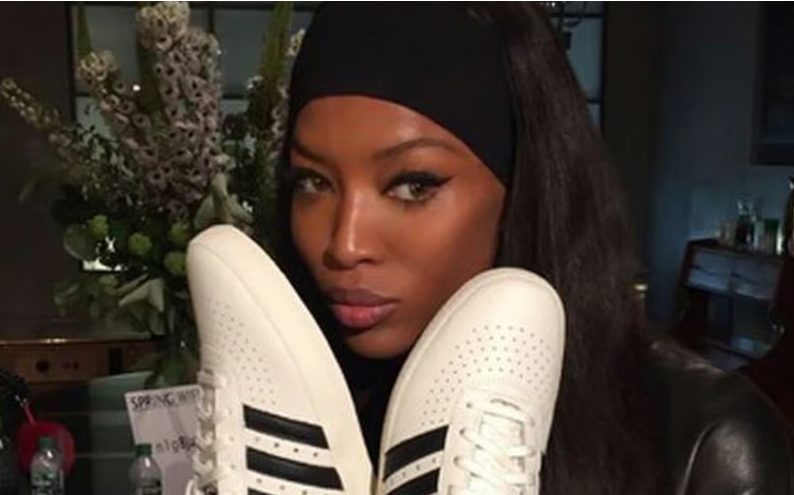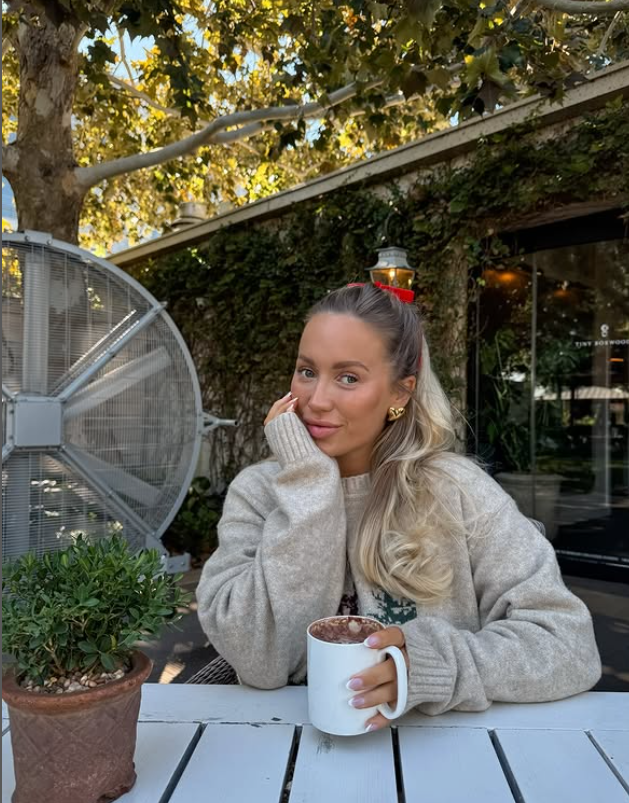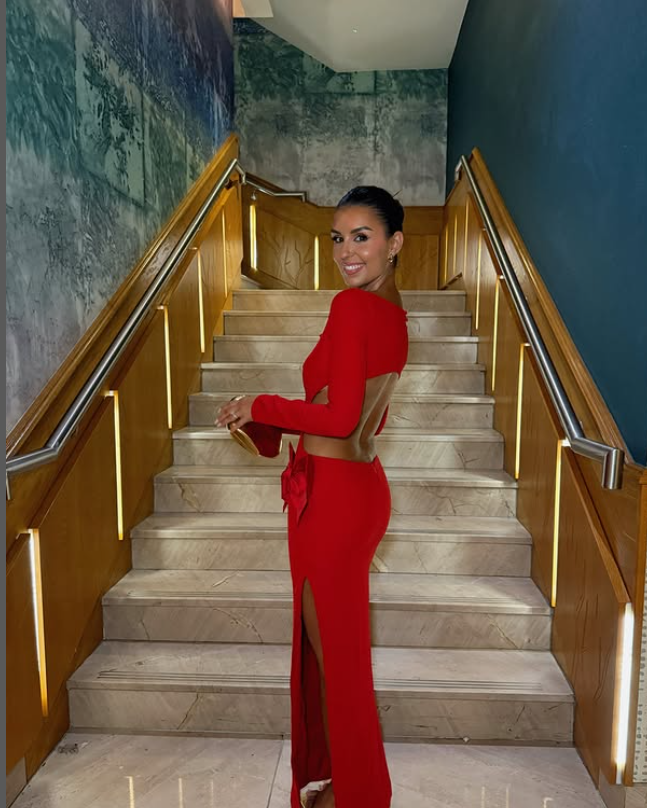Influencer marketing has completely redefined the way brands engage with their target audience. With just one single post, social media influencers can literally open the floodgates for sales and lead generation even for an upcoming and small brand. However, as is the case with everything, success is not always guaranteed with influencer marketing. Many classify this embarrassing situation as ‘influencers gone wrong.’
When an influencer marketing campaign misfires, it can potentially have a catastrophic impact on the brand’s reputation and credibility. While these blunders can be disheartening and embarrassing, they hold great lessons for influencers as well as brands; helping them avoid costly mistakes in future campaigns.
5 famous instances of influencers gone wrong
1) Kim Kardashian vs FDA

Failure hasn’t remained immune even for someone like Kim Kardashian, considered one of the biggest names in the influencer world.
One of Kardashian’s epic failures date back to nearly a decade ago, 2015 to be precise. That year Kardashian had posted a post promoting a morning sickness drug called ‘Diclegis’ on her Instagram account. For all those who are not aware, Diclegis drugs is used to treat nausea and vomiting during pregnancy.
Kardashian’s post garnered nearly 450,000 likes, driving up Diclegis’ brand awareness. But this post did not go down well with the FDA (Food & Drug Administration). The FDA publicly accused that Kardashian’s Instagram post had deliberately hidden the potential risks and side effects of Diclegis drugs.
As part of the damage control, Kardashian had to take down her Instagram post and Diclegis’ parent company issued a public statement, accepting that the social media post did not adhere to FDA’s rules and regulations.
Lesson learnt: Not only do influencers have to sincerely adhere to FDA rules but they also have to be ethically conscious especially when promoting pharmaceutical and health related products.
2) Naomi Campbell’s Copy-Paste Blunder

Most big brands won’t even blink their eyes before signing a supermodel like Naomi Campbell. But for famous sports brand Adidas, partnering with Campbell proved to be a bit of an embarrassment.
This happened when Campbell posted her photo on Instagram along with Adidas’ brand-new sneakers. Conventionally, nothing should have been cringy or embarrassing about this post, only if Campbell had not accidentally posted the marketing instructions from the Adidas team in her Instagram caption.
This is exactly what Campbell had typed in its Instagram caption:
‘So nice to see you in good spirit! Could you put something like this: Thank to my friend @gary.aspden and all at Adidas – loving these Adidas 350 SPZL from the Adidas Spezial Range.’
Campbell, or probably someone from her marketing team had later changed the caption. But by that time, it was too late as the post had garnered a good number of views. This tiny little mistake robbed the campaign of its authenticity and made it appear completely fake and bogus.
Campbell’s new-found love for Adidas shoes came across completely pretentious, and with that Adidas million-dollar marketing campaign went down the drain.
Lessons learnt: For all the huge bucks they charge, influencers certainly owe it to their brands for doing their job with sincerity and diligence. It is largely up to the influencers to make sure that their campaigns don’t falter for their silly mistakes that must be avoided at any cost.
3) Fyre Festival Campaign Debacle

The next contender in the list of ‘influencers gone wrong’ is a music festival that turned out to be a big scam, popularly known as the Fyre Festival Campaign debacle.
Back in 2017, Fyre Festival was billed as one of its kind music festivals that was going to take place on the exotic island of Bahamas. The festival’s owner, Billy McFarland and Ja Rule spent insane amounts of money for creating hype about the festival, and the large part of the money had gone to the influencers. Just to give an idea, it was later revealed that famous socialite and influencer Kendail Jenner was paid a whopping $250,000 for posting a single Instagram post about Fyre Festival.
Neither Jenner nor other high-profile influencers (who were part of the marketing campaign) made any efforts to know whether there was any shred of truth to what they were promoting. But little did these influencers knew that their act of deceit was about to get exposed.
When the festival actually kick-started, what followed was a massive social media backlash. Many participants revealed shocking details about the festival, the shabby accommodations, the lack of basic facilities along with tasteless and stale food. The nightmarish reality of the Fyre Festival was in stark contrast to the rosy and dreamy things that all influencers had promised in their posts.
It didn’t take really long for most influencers to delete the Fyre Festival posts once the can of worms got opened. Most of them later publicly agreed that they had taken money from the organizers for promoting the festival.
Lessons learnt: The Fyre Festival Campaign debacle serves as yet another classic example of sheer duplicity and lack of transparency deeply plaguing the influencer marketing industry. If this immoral practice remains unchecked, it can cause irrevocable damage to the entire influencer marketing industry.
4) Elle Darby’s wish for free hotel accommodation backfires

Based in the U.K, Elle Darby is one of the upcoming YouTube influencers. Like many influencers, Darby too fell prey to poor moral judgement, when she approached a luxury hotel in Dublin. She requested a free stay in the hotel in exchange of the hotel’s promotion on her YouTube channel.
Darby wasn’t really prepared for what was to follow. Not only did the hotel owner decline the request, but the owner took to Facebook and published the emails (written by Darby) where Darby openly requested for a free stay in exchange of a free stay.
Embarrassed and facing massive backlash, Darby later uploaded a video in an attempt to justify her actions. But the fact that she did not deny writing the mail meant that no amount of justification could help in controlling the damage.
Lessons learnt: Elle Darby’s case once again exposes the rampant unethical behavior in the influencer community. Such recurring cases should encourage influencers to introspect their immoral actions, making sure that they don’t take ‘deep trust’ entrusted by their loyal followers for granted.
5) Terrie mcEvoy’s blatant dishonesty with her followers

The last in the list of ‘influencers gone wrong’ is to do with the ‘free giveaway’ competition that backfired quite horribly.
Who does not love ‘free giveaways?’ We all do. A reason why many brands use this tired and tested marketing formula for creating brand awareness. And this is exactly what popular jewelry brand Tower Jewelers did. It partnered with popular Irish beauty influencer and blogger ‘Terrie Mcevoy’ for running an online competition among McEvoy’s loyal fans, and followers.
The winners of this competition were destined to win beautiful bracelets from Tower Jewelers. The lure to win aesthetically beautiful bracelets was enough to make McEvoy’s fans get excited, and the competition attracted scores of participants. Eventually the two lucky winners were announced and the competition got over.
As several months went by McEvoy’s fans almost forgot about the competition. However, on one fine day, many insidious facts about the competition came tumbling out, which left the fans not only shocked but also outrightly cheated.
Turned out that the competition was completely fixed. Out of the two winners, one was McEvoy’s close friend, and the other was her brother’s girlfriend.
McEvoy later apologized for her deceitful behavior, but again no amount of apology could have compensated for her hurtful and immoral actions.
Lessons learnt: Terrie mcEvoy’s unethical behavior reflects the deep-rooted problem of entitled behavior among young influencers, who believe that they can cheat their loyal followers with impunity. Influencers should realize that such arrogant and reckless behavior not only hurts their credibility individually but also discredits the entire influencer community.
Conclusion:
While the immense potential of Influencer marketing certainly cannot be underestimated, it is also fraught with risks and pitfalls. However, much of these risks can be minimized if both influencers and brands choose to prioritize authenticity and transparency over commercial and monetary benefits. This will not only help in avoiding epic failures but also creating campaigns that truly resonates with their followers.
Influencers should also realize that their ability and power to influence ultimately hinges on their collective willingness to uphold and value the trust reposed by their followers. Therefore, they must resist all the malpractices that seeks to weaken and shake this foundation of trust.

